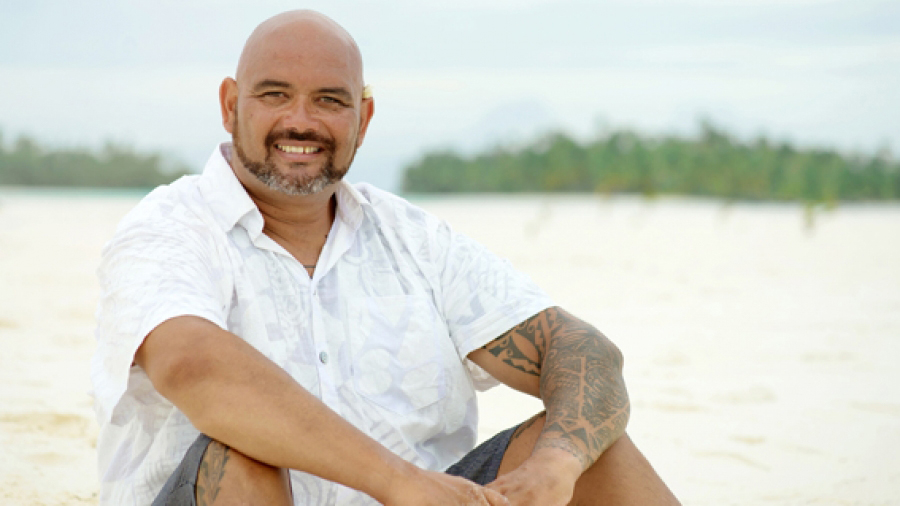Thomas Wynne: How do we treat strangers in our land?
Saturday 1 July 2023 | Written by Thomas Tarurongo Wynne | Published in Editorials, Opinion

Columnist Thomas Tarurongo Wynne. Photo: CI NEWS/16040843
As a son of migrant parents, and having endured the time we now know as the Dawn Raids, I have always been cognizant of the racism we felt as a community of migrant workers, and the children of migrant workers, into a country that at first welcomed us with open arms and then, closed that door again with Pacific people still being deported in New Zealand in the middle of the night, writes Thomas Wynne.
My Uncle Noorora was one of the original Polynesian Panthers as the Minister of Culture, and with a strong advocacy background in our community and family, we have always advocated against racism, for social equity and to see our people thrive in these new communities, new lands and new job and education possibilities.
It is with these thoughts in mind, I think about our own approach to foreign workers, be they from South East Asia or New Zealand, and how we now as the dominant culture treat those who come like we did for a better quality of life and better opportunities. I hear people talk about “Filipinos” as if they are a chattel or just labour, like people once spoke of us as “Islanders”. It was once said, “You shall treat the stranger who stays with you as the native among you, and you shall love him as yourself, for you were once strangers in the land of Egypt.” How then do we treat strangers in our land?
How quick we can be seduced to be, cruel and unkind, racist and prejudiced, when we should know better because of our lived experiences and challenges as a population that were once also treated as hired labour, and no good for anything more than the factory floor or cleaning.
Many of our families in Aotearoa, are still working and living at these levels, and are treated poorly, be they picking fruit or working in domestic help, and we have the opportunity to show love, grace, and humility instead.
As a nationalist and someone who believes in a Cook Islands led by us, I have learned over time that my nationalism needed to be tempered by a more inclusive and wider net, and a heart that allowed room for one more at the table, one more to stay and one more to feed if needed. I have haled racist views and hurt others by my comments, and have in time, had to examine my own heart about these positions.
My nationalism and love for my country and its people was misplaced when it trod on and diminished others, and I do apologise to anyone over time that I have offended in this way.
One of my favourite authors and educators, Portuguese educator and social activist, Paulo Friere said - Looking at the past must only be a means of understanding more clearly what and who they are so that they can more wisely build the future, and to do this, he also said it is the oppressed who, by freeing themselves, can free their oppressors.
What was he saying that those of us in power or privilege must free ourselves from?
The temptation to oppress when given the opportunity, and in doing so face the risk of being far worse than those who oppressed us.
Time has given many examples of nations who were once oppressed, who have then over time become worse oppressors then those that ruled over them.
Such is the challenge I believe we face as a country, and as a people, to be better, to have a larger tent, and to remember who we once were in other countries.
This for me is what it means to be a Māori of the Cook Islands, someone who as my grandmother always said, will have room at the table, a bed to sleep and room in our hearts for one more, because that is who we are.














































